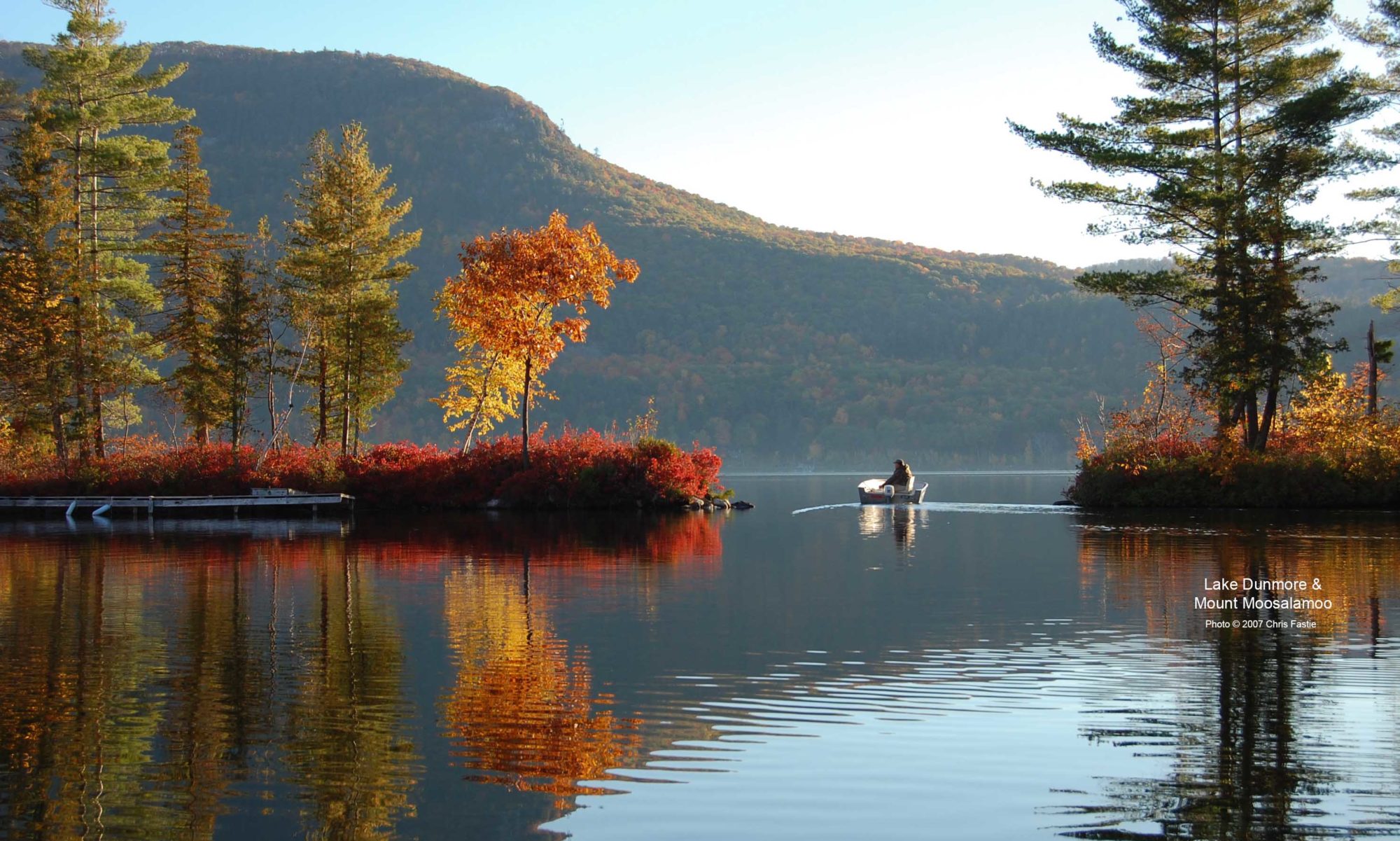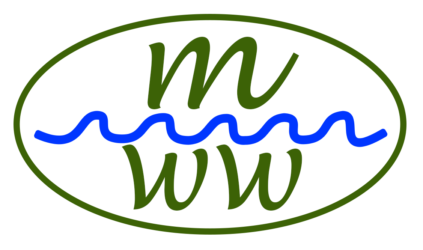At BLSG board meetings the public is given an opportunity to comment or ask questions at the beginning of the meeting. At the July 18, 2019 meeting, Barb Karle from Salisbury asked a few questions about the visits BLSG makes to private homes in response to calls from residents about mosquitoes. Barb asked:
- How many of these home visits are made?
- Do you use the approach of Craig Zondag at the Lemon Fair District and find the mosquito breeding areas on the private property and treat them with larvicides?
- Before adulticides are sprayed, is a test done to see if the adult mosquito population meets the action threshold for spraying adulticides?
These are good questions. By the time Ben Lawton (Board Chair) and Will Mathis (Operations Manager) finished avoiding Barb’s questions, they had contradicted each other, changed their answers, squirmed a bit, and tried to change the subject more than once.
Ben Lawton answered first and addressed the number of house calls they make. “I don’t believe we have many, we have some that are followed up on the website.” The website he referred to is where BLSG has listed the things people can do to reduce mosquito breeding. His point was that BLSG does not have the manpower to do what Craig Zondag does, but people could do it themselves if they read the website. Lawton continued “The problem again is the Lemon Fair gets $70,000 of the state money for mosquito control. We get $70,000. We have five times the acreage to treat that they have. So their personnel can go out, maybe more so than ours, but everything that is preventative is on our website.”
Barb followed up to confirm that BLSG did not use the house calls to help people reduce mosquito breeding, “But because of manpower you can’t go and actually reach out to the people and say…” Will Mathis interrupted her “Oh no. We reach out to hundreds of people per week.”
So the answer to Barb’s question of how many house calls they make is somewhere between “We have some” and “Hundreds of people per week.” No more information was offered about how many house visits are made. This would seem to be a simple fact that the public is entitled to know, but apparently not.
Barb’s question about testing for adult mosquitoes before spraying adulticides at a private home is an important one. The specific situation Barb was asking about is described in the Pesticide Discharge Management Plan approved by the Vermont Department of Environmental Conservation at the end of the BLSG lawsuit in March, 2019. This is the document that BLSG is required by law to follow, and it says on page 6:
“When the District is contacted by residents with nuisance complaints, District personnel visit the area and take samples by traps and/or hand nets to determine whether action thresholds are met and then schedule treatment if and as warranted.”
So it seems that BLSG is required to determine if an action threshold has been met before they spray adulticides at a private residence. The relevant action thresholds are 15 adult mosquitoes per net sweep or 15 adult mosquitoes per trap. Net sweep is not defined, but that only matters if BLSG is actually doing net sweeps. Here is the exchange when Barb Karle repeated her question:
Barb: “If somebody calls and asks to be sprayed is it the policy that you then go and check for mosquitoes?”
Ben Lawton: “If somebody calls and [BLSG] goes and sprays, before they are sprayed we have data that comes in from our landing boxes, our CO2 testing spots. We also do an aerial sweep before we spray out there so there is an aerial sweep that is done to see what the mosquito count is out there.”
Barb: “So that’s done at every house that calls in or is that based on previous information?”
Ben Lawton: “Generally on the information available.”
It seems that Ben Lawton knows they are required to determine the density of adult mosquitoes but admits that they typically spray adulticides based on more general information. BLSG apparently does not usually determine whether the adult mosquito population at a private residence exceeds the action threshold for adulticide spraying as their permit requires. Instead their practice is to use their geographically broader information from eight mosquito traps somewhere in the five towns of the District (these traps are moved every week, so they are a crude tool for tracking changing mosquito densities). They also use the fact that a resident has complained about mosquitoes. Although it is far from a scientific action threshold, a complaint is sufficient indication for BLSG that there are too many mosquitoes at that residence. I am left to wonder if they have ever made a house visit without spraying adulticide. I assume they are required to keep records about these visits, so they should be able to show that sometimes they don’t spray, and also report how many visits they make.
Lesley Wright from Leicester followed up on Barb’s questions about house calls and asked Will Mathis “If you determine that they need to have adulticide do you spray during the day?” Will answered “We can do whatever the property owner wants.” But Ben Lawton broke in immediately “No. No. No they don’t. We don’t spray during the day.” One of Lawton’s talking points is that the BLSG has a “Pollinator Protection Plan” to avoid killing valued pollinators. Bees and butterflies are active during the day, so spraying pesticides at night presents less danger to them. Admitting that they spray adulticides in daylight would undermine the BLSG pretense that their operation does not kill pollinators. The Pesticide Discharge Management Plan that BLSG must follow says on page 16:
“To minimize impacts to nontarget organisms and beneficial insects (such as bees or butterflies), spraying is conducted at dusk and after dark when target organisms are most active and nontarget organisms are largely absent (in hives or otherwise sequestered for the night). See Pollinator Protection Plan on District’s Website…”
Lesley asked for clarification “So you never spray individual houses during the daytime?” Will equivocated “We usually do it in the evening.” Lesley persisted “Do you ever do it during the day?” Will must have realized that he was in trouble. Will oversees the spraying operation and obviously knew the answer to this question. He turned to his employee Ashton Bates who drives a spray truck. “During the day? Ashton, what do you say?” Ashton did not respond. Will continued “We usually do it in the evening. So no.” Lesley persisted “So never during the daytime?” There was no audible response from anyone. Lesley finally let Will off the hook “Okay, okay.”
In June I watched BLSG spray adulticide around a private residence in the middle of a sunny afternoon. I did not notice any attempt to do a “net sweep” or otherwise determine whether any action threshold had been met. I understand why BLSG would prefer to do this in daylight because walking around a stranger’s backyard in the dark and spraying pesticide with a backpack sprayer could be a tricky endeavor. I guess I also understand why they might feel compelled to mislead the public about it. I don’t understand how this deceptive behavior is tolerated by the BLSG Board of Trustees, who witnessed the above exchange and said nothing. How many of the board members are aware that BLSG could be violating its permit every time it sprays a private residence?
Has anyone witnessed a BLSG house call? If you do, take a photo or video. Write down the time and date. Watch what they do. Tell us about it.
Thanks to Barb and Lesley for their relentless interrogation. It was like Law & Order: BLSG. And thanks to Rebecca Holmes for recording the audio of the board meeting.

